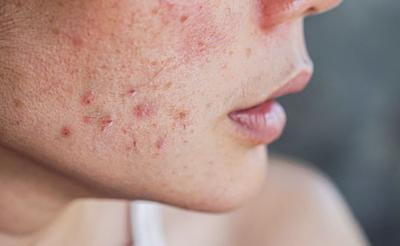
Diet Tips for Women with PCOS & Insulin Resistance
Tips For Women With PCOS
Insulin resistance (IR) is one of the root issues of PCOS and impacts as many as 70% of all women with PCOS. IR drives many of the unwanted symptoms of PCOS, from high testosterone levels, and therefore acne, hair growth, hair loss, and irregular menstrual cycles, fertility issues, unexplained weight gain, poor energy levels, dark skin patches, and increased risks of metabolic syndrome.
Related: Insulin Resistance
Popularly prescribed medications for women with PCOS such as Metformin are designed to reverse insulin resistance by improving your cells insulin sensitivity. Just think of it like this; Insulin resistance causes many issues but, insulin sensitivity is the opposite, so you want to be doing everything you can to reduce insulin resistance, therefore, improve insulin sensitivity.
Related: Women With PCOS
When 99.9% of people talk about losing weight, weight loss, and diet, they only ever refer to calories, and if your someone who is fortunate enough not to have a condition that impacts your hormones or metabolism, only focusing on calories will work perfectly for you if you are doing everything correctly.
Related: PCOS Weight Loss
On the other hand, if you have a condition such as hypothyroidism, you still need to focus on calorie intake and energy balance but, you must also actively work on optimizing your internal hormonal state. For insulin resistance, specifically, you want your diet to work with you on improving your insulin sensitivity. Now, the question you will be asking is “How the heck do I do that?”.
Great question! Here’s how you do it.
👉 Aim to hit this split with your macronutrients; 50% protein, 25% fats, 25% carbohydrates
👉 Ensure that the majority of your carbohydrates are Low-GI carbohydrates (sweet potato, brown rice or white long-grain rice, rolled oats, porridge, whole grain bread, vegetables, new potatoes)
👉 Eat frequently, every 2-3 hours. This doesn’t need to be a full meal, just get something down every 2-3 hours.
Related: Hypothyroidism
👉 Eat breakfast or have a protein shake if you’re short on time in the mornings.
👉 Reduce sugar intake and intake of processed foods. Simply try and ensure most of your diet is nature-made, not man-made.
👉 Do all of this in a way you enjoy, are happy to follow, is super sustainable for your schedule, family, and budget.
















